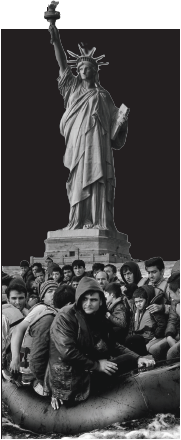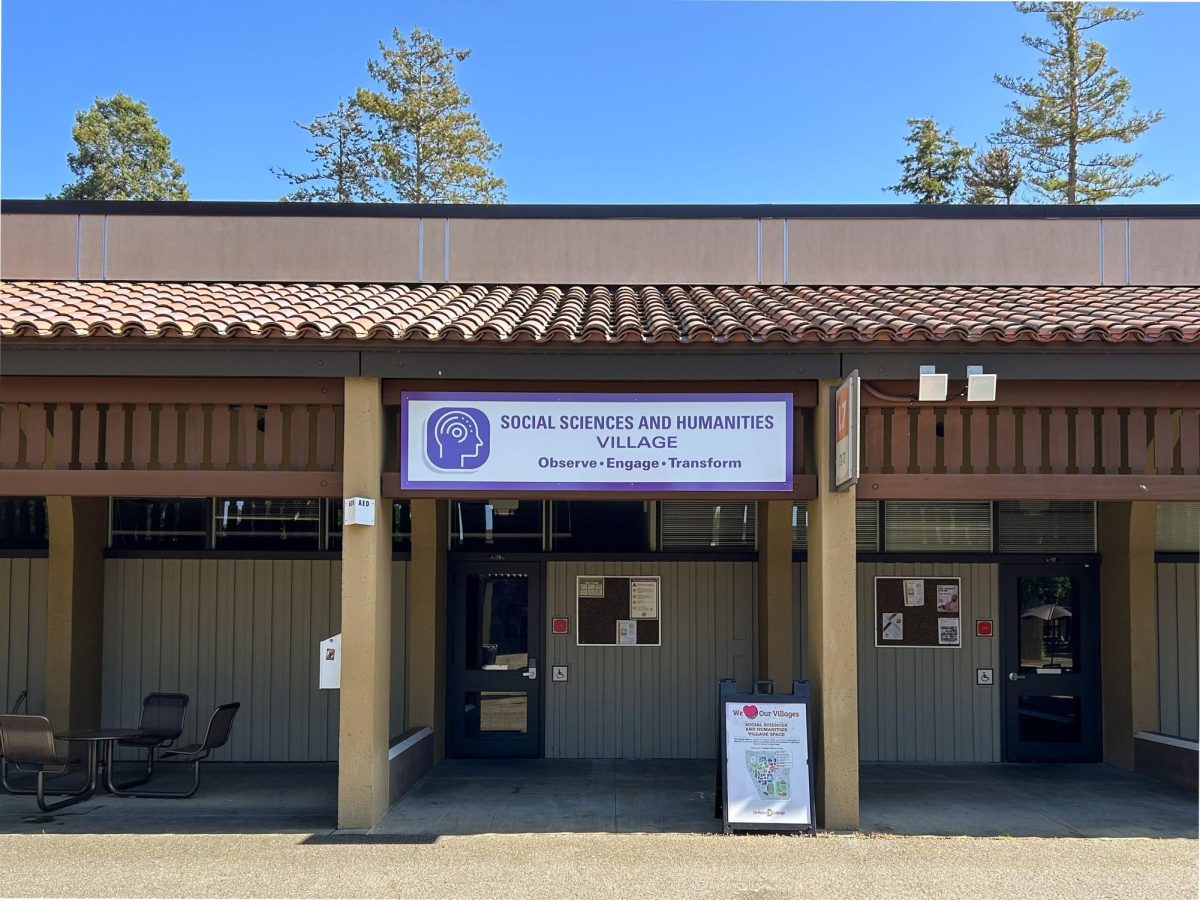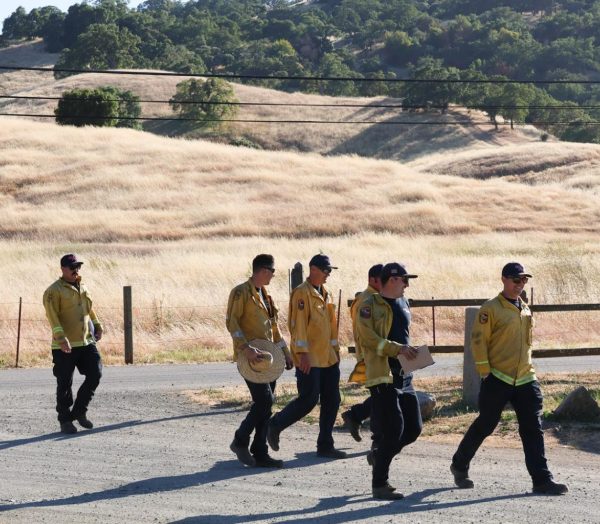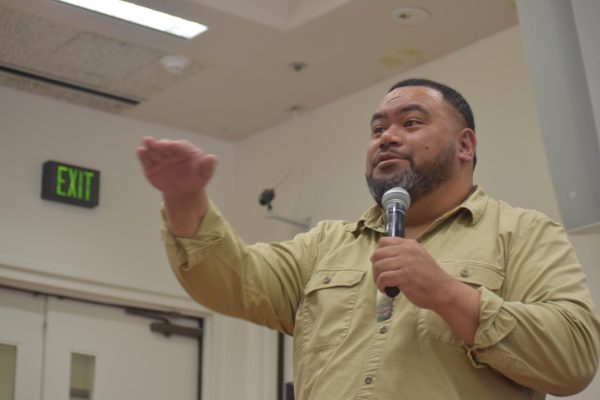People, not Skittles, nor terrorists: The U.S. has an obligation to accept more refugees

October 23, 2016
Extreme conflicts and terrorism in the Middle East, especially Syria, have long been treated as an enigma. Dating back to the first major CIA-sponsored coup in 1949, Syria has undergone multiple regime changes and conflicts since the ‘40s. As a result of numerous global complexities, including sanctions imposed by the United States and its allies while also funding rebel groups fighting against Bashar Assad’s authoritarian regime, growing instability in the region has become a seemingly unsolvable issue.
Now, in the grips of the IS group, which evolved out of the U.S-led destruction of Iraq, the region is plagued with unrest. President Barack Obama has even conceded that the U.S. has played a major role in the chaos of the region; as such, common sense dictates that America has an obligation to continuously accept more refugees into the United States.
To date, America has accepted only 85,000 refugees onto its shores, according to Pew Research. In 2015, 70,000 were admitted into the country, and in 2017 a planned 110,000 refugees are to be accepted. Despite the increase, this number is but a fraction of the 21 million refugees reported worldwide by the UNHCR. According to the Refugee Processing Center of the U.S. Department of Justice, the U.S. has actually accepted fewer refugees in the past 10 years than it ever has before.
According to Amnesty International, most of the resettled refugees live in five countries: Turkey, Jordan, Egypt, Iraq and Lebanon. Turkey has taken in the most, at 2.5 million refugees. Of the other European countries, Germany has pledged to take in 40,000 refugees, 54 percent of the EU total.
Refugees are often cited as security threats responsible for the surge in terrorist attacks. Yet, conservative pundits often fail to realize that many of these countries take in refugees without adequate security measures. According to SWRinfo, a German media outlet, Germany can’t afford to do extensive background checks on refugees due to a lack of funding in the public sector.
While Germany may not have the adequate security measures, the United States certainly does. According to the White House, less than 1 percent of refugees make it through the first painstaking step in a nine-step screening process. Background information is collected and then processed by multiple government agencies such as the FBI and Department of Homeland Security.
In addition to the stringent entry barriers, detailed expectations prohibit refugees from simply exhausting taxpayer dollars. As reported by U.S. News & World Report, refugees must pay back the cost of their plane ticket, apply for jobs, and pay rent for their apartments after the first three months or until their one thousand dollar stipend runs out.
In a study done by the International Monetary Fund, GDP growth is evident in areas which admit refugees.
Researchers also found a correlation between labor opportunities for refugees and corresponding economic benefits, as employment often entails revenue — generated from income tax and social security contributions.
During the 1970s, the U.S. was able to integrate 1.2 million refugees from Southeast Asia, historian Erika Lee told NPR. Today, the average income of groups like Vietnamese Americans is higher than that of the average American income, and no seriously adverse effects of their integration has been reported.
Ultimately, the problem isn’t refugees, but rather the butchered version of reality which foretells of terrorists casually strolling across U.S. borders. The U.S. has an undeniable responsibility to accept further refugees. While there is a prominent fear of terrorism, admission is well-justified with the existing security measures and the possible economic benefits. If the U.S. were to neglect these refugees, it would be a repeat of what happened in World War II with the MS St. Louis. Aboard the ship, were hundreds of war-stricken Jewish refugees awaiting asylum. The U.S. refused them, and instead further secured its borders without regard to the humanitarian crisis.

























